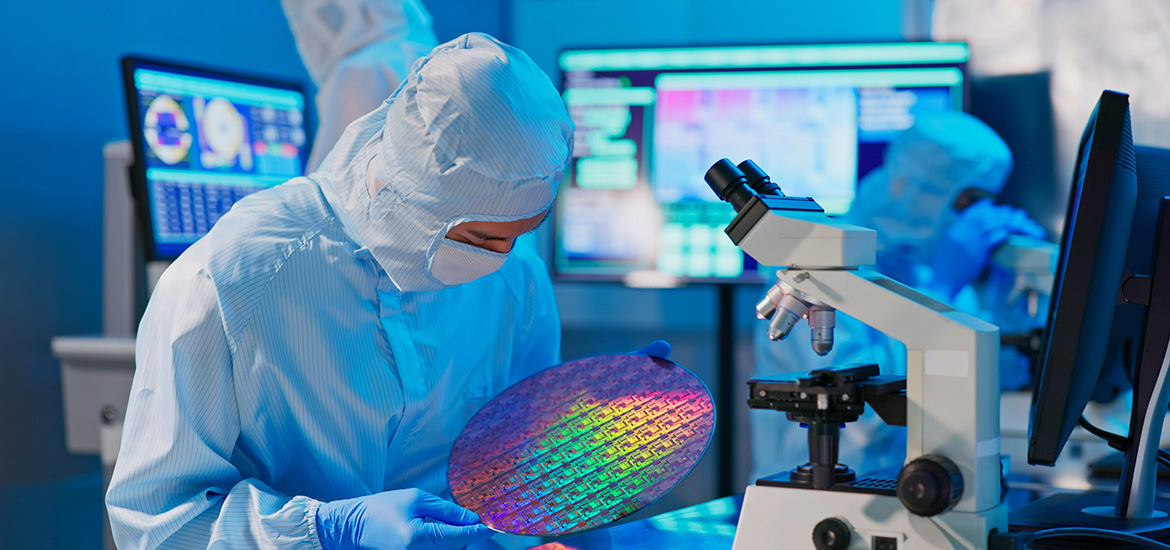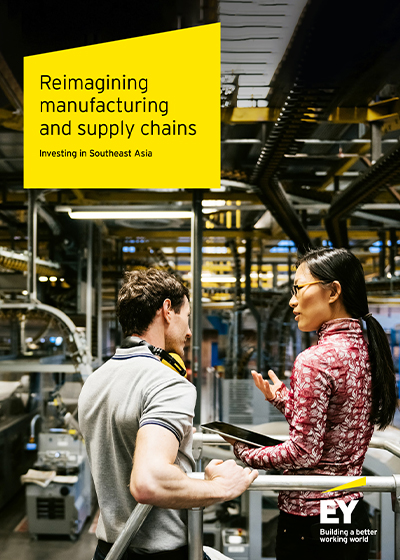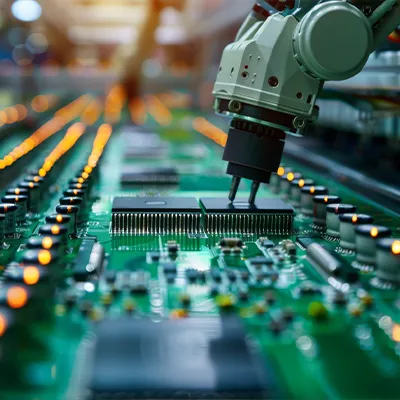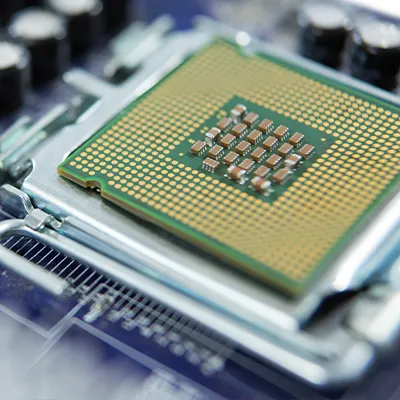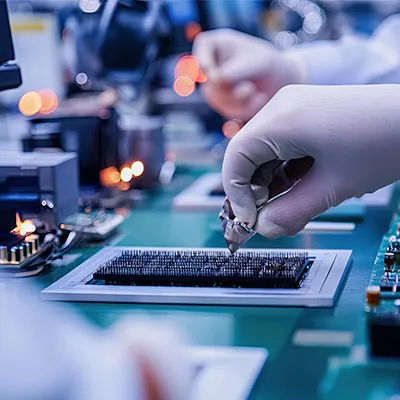Soitec has an 80% stake in French semiconductor design company Dolphin Design, which also plans to set up a dedicated cutting-edge computing and artificial intelligence center, its first in Asia. It will be the company's second overseas design center, after Montreal.
Meanwhile, Applied Materials broke ground on a large plant in the eastern Singapore district of Tampines in December last year, with completion scheduled for 2024. Singapore is the company's Asian hub and already its largest production base outside the U.S.
By boosting its capacity in Singapore, Applied Materials intends to meet growing demand from its main customers, including Taiwan Semiconductor Manufacturing Co. The new plant is a pillar of Applied Materials' eight-year expansion plan dubbed "Singapore 2030." It will have a total floor space of 65,000 sq. meters, including office space. The company's workforce in Singapore will be increased by about 40% to more than 3,500.
The new plant in Singapore will also conduct research into the commercialization of new technologies, improvements in semiconductor capacity and energy conservation. Applied Materials will partner with an electronic engineering research institute affiliated with Singapore's Agency for Science, Technology and Research, conducting joint studies on hybrid bonding and other 3D chip integration technologies.
Soitec and Applied Materials are expanding production in Singapore in the hope of strengthening ties with chipmaking Asian customers.
U.S.-based contract chipmaker GlobalFoundries is also building a $4 billion plant in Singapore.
The logistics system in Singapore is efficient, allowing it to mesh well with customers in Taiwan, South Korea and Japan. The semiconductor industry accounts for 7% of Singapore's gross domestic product.
Countries around the world are competing to attract chip-related companies. Singapore's government is also working hard to lure investment by offering tax breaks and land, and supporting research and development.
Glyn Truscott, a director of Bain & Co., said one reason for Singapore's popularity was its "sizable ecosystem of suppliers and partners stationed here."
In addition, although rivalry between the U.S. and China is heating up over advanced semiconductors, Singapore is "relatively neutral, geopolitically, making it less likely to be affected in any geopolitical conflict," Truscott said. "Furthermore, its location in Southeast Asia offers supply-chain diversification."
